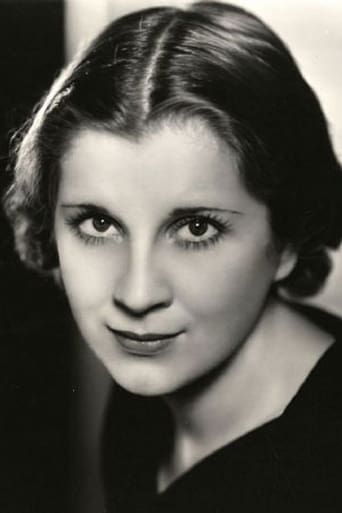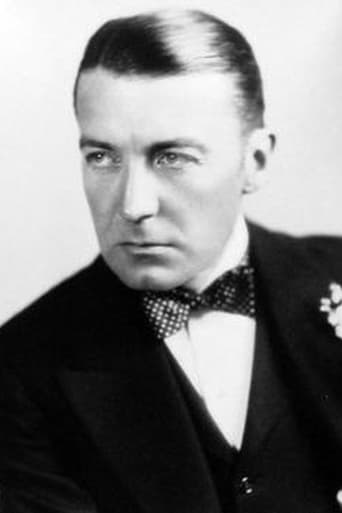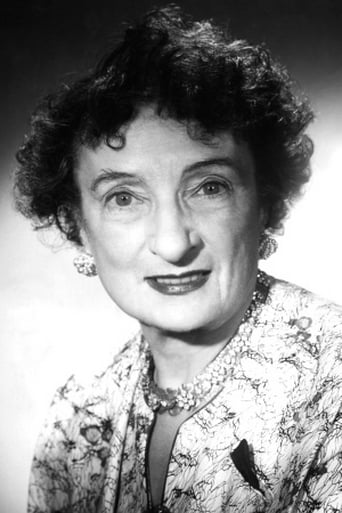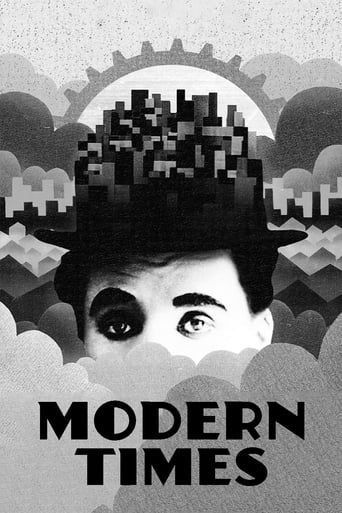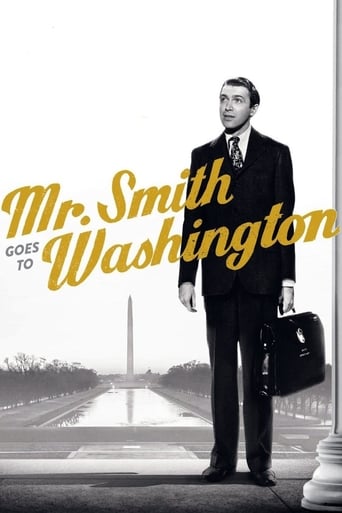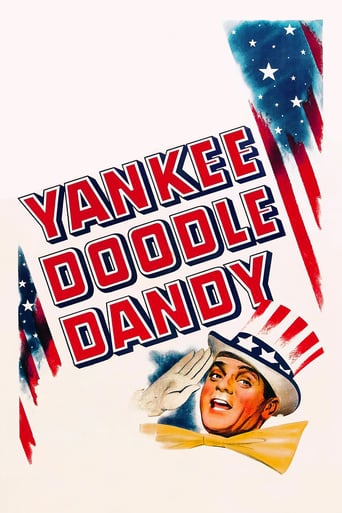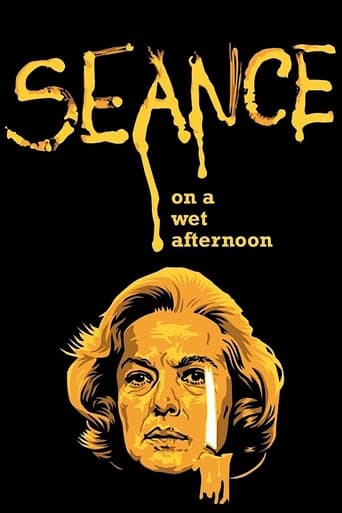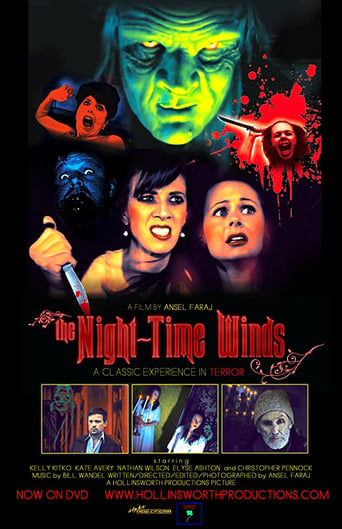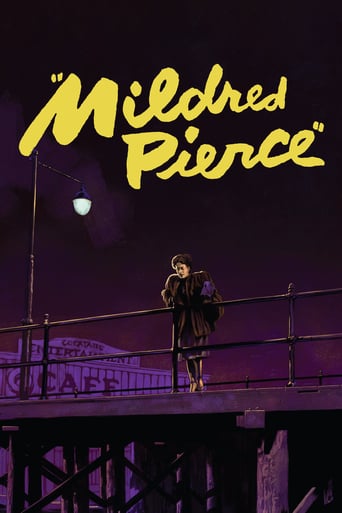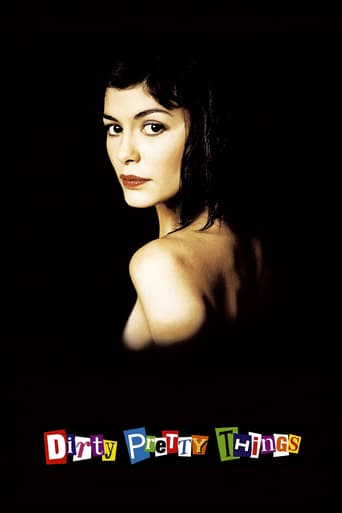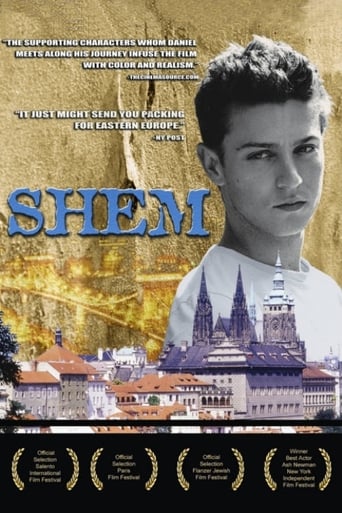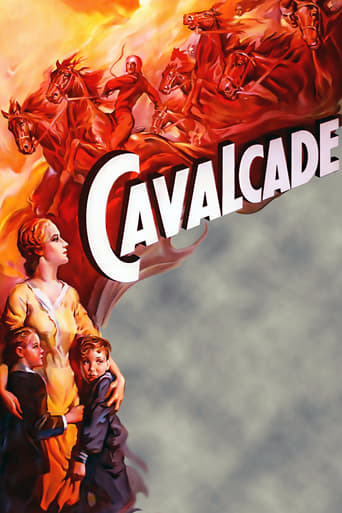
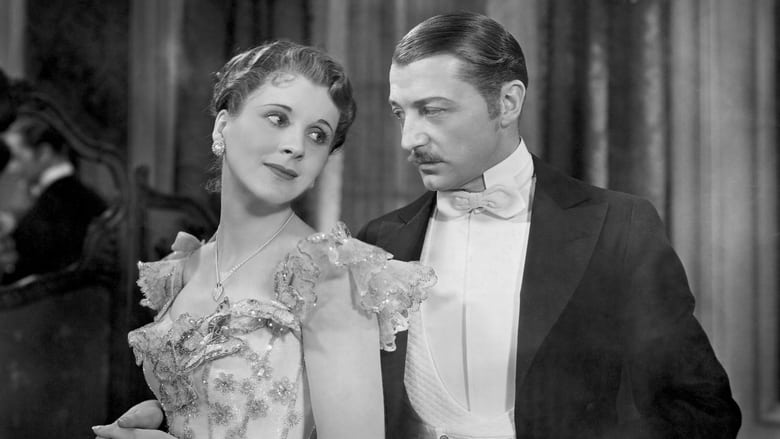
Cavalcade (1933)
A cavalcade of English life from New Year's Eve 1899 until 1933 is seen through the eyes of well-to-do Londoners Jane and Robert Marryot. Amongst events touching their family are the Boer War, the death of Queen Victoria, the sinking of the Titanic, and the Great War.
Watch Trailer
Cast
Similar titles

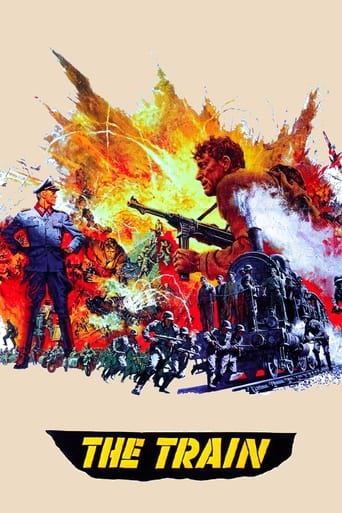
Reviews
The film creates a perfect balance between action and depth of basic needs, in the midst of an infertile atmosphere.
This is a gorgeous movie made by a gorgeous spirit.
It is neither dumb nor smart enough to be fun, and spends way too much time with its boring human characters.
The movie really just wants to entertain people.
Superior performers create a believable picture of Britain from New Years Eve 1999 to the post-Great War period -- that is, the years just after World War I.Between the make-up and the marvelous acting, several characters age before our eyes. Several others don't because -- and this is not a spoiler, I hope -- Death intervenes.In some ways, this Noel Coward creation reminded me of "Downton Abbey," with its story of Britain and the societal changes brought about by World War I."Cavalcade" is somewhat spoiled by an over- and bad use of montages, hokey under the best of circumstances, but not even well done here. And that's a shame considering the otherwise excellent production values.Una O'Connor gets one of her best parts and gives one of her very best performances. She was such a good actress and was too often relegated to minor maid or servant roles.Perhaps only the lovely Bonita Granville is known, or widely known, to audiences today. She was very young here, but, at least to me, one of her most worshipful fans, she was instantly recognizable."Cavalcade" was available On Demand from FXM, and I recommend it for two reasons: 1) its message -- however unintended -- that we must break the chains that bind us to governments and politicians, and especially the warmongering politicians, and 2) the unsurpassed British acting.
For those of you keeping up with my retrospective on all the Best Picture winners up to now, you will know these writers, directors and actors were still not accustomed to the transition to talkies, but they were slowly getting the hang of it. And on top of it all, they were even taking advantage of the visual medium. The sets, the ability to shoot on location, the cinematography, the lighting, and down the road, the color of the film itself all helped contribute all kinds of creative ways for these filmmakers to either make the impossible possible, or reliving the past. King Kong, a film that came out in 1933, is one of those films that accomplished this task and so much more.But unfortunately, we're not reviewing King Kong today because it didn't win Best Picture. It wasn't even nominated. What won instead, unfortunately, was a film that made no attempt at all to take advantage of what film as a medium has to offer; Cavalcade. Yeah, they adapted one of the drollest of plays into a feature film, and people actually loved it.What's the story? It's the life of an English couple from the New Years Eve of 1899 up until then-present day 1933 as they experience historical events include the Second Boer War, the death of Queen Victoria, the sinking of the Titanic, and World War I among many other things. And within the now-reasonably short running time of 110 minutes, then that means the film's going to be either exciting or rushed. This film is anything but exciting; it's dull as a rock. There is absolutely no soul in this picture at all.And the picture is indeed rushed. These events are just glanced over for no good reason other than to show that they lived through them, and they never seem to show how much they impacted them or the world around them. There's nothing interesting about these characters or this story whatsoever. And what's worse is that these events don't seem to impact the viewer in any way because those scenes are executed in a manner identical to those of a play; you never see these events happen. Come, on! We already had 2 War films win Best Picture in the past; where's the budget? Where are the calamities? For a sentimental film, this film sure does feel devoid of any real emotions.And that's why I call this film dull and soulless; there's no logic or reason, no critical thinking, not even pure sentimental hogwash. At least all the previous nominees had a semblance of a soul; this film doesn't. This film is completely static and unmoving to say the least. The acting is boring, the characters are boring, and the story is boring. There is nothing positive to say outside of the fact that the premise had promise. More extravagance (to help these events leave a bigger impact), about 20 or 30 more minutes added to the running time, and more interesting characters. That is all that is needed to make this film any good. So while the film is pretty bad, it is salvageable. I would just skip it if I were you. 2.5 out of 10 rounded up to 3 out of 10.
The Marryot family is the focus of Noel Coward's antiwar film, "Cavalcade," made in 1933 and starring Diana Wynyard, Clive Brook, Una O'Connor, and Margaret Lindsay.This is an upstairs-downstairs look at the effects of war, and war's effects on society as we see what happens to the Bridges family, the servants, and the Marryots, during the years 1899-1933 in Great Britain. Not in any way snobbish, the Marryots in fact have a very close relationship with their servants. But class is class, and the class system declines to the point where the daughter (Ursula Jeans) of Ellen and Alfred Bridges (O'Connor and Herbert Mundin) becomes involved with her childhood playmate, Joe Marryot (Frank Lawton), a sign that the world the Marryots knew is fading away. All three Marryot men are involved in the Boer War, and two fight in World War I, to the distress of Jane Marryot (Wynyard), who is the representative of the antiwar sentiment.There are other world events that touch the family as well: the death of Queen Victoria, and the sinking of the Titanic.The film is a bit on the slow side and spends more time on the early period than the later. Coward, however, with shots of men blinded in the Great War, young men being shot, etc., makes his point very well.My big quibble with this film is that it goes for 34 years. At the beginning, the Marryots have young children. Even if the Mr. and Mrs. Marryot were 30 years old at the beginning of the film -- why at the end of the movie did they look and act 90? It was hilarious as they're probably in their sixties. It goes to show how the concept of age has really changed.This film is okay but somehow not as involving or as good as David Lean's This Happy Breed which concerns a middle-class family post World War I to World War II - also written by Noel Coward. I think This Happy Breed has a better cast; some of the acting in Cavalcade is a little stiff. Still, there are some striking scenes.
This is a letter perfect film taking in the sweep of time from 1900-1933 for a British upper-class family (the Marryots) and a family that serves them (the Bridges).If you enjoyed Cavalcade you might want to see the 1944 film, This Happy Breed. I think of the two as companion pieces.Cavalcade looked took an Upstairs-Downstairs approach, showing families at either end of the economic and class scale, from 1900-1933. This Happy Breed focuses on the Gibbons, a middle-class family, beginning with the end of the Great War to the start of World War II. It was the second film directed by David Lean.The movies common ancestor is Noel Coward. Both films adapted from plays written by him.
